Find Help
More Items From Ergsy search
-

Symptoms of irritable bowel syndrome (IBS)
Relevance: 100%
-

What is irritable bowel syndrome (IBS)?
Relevance: 99%
-
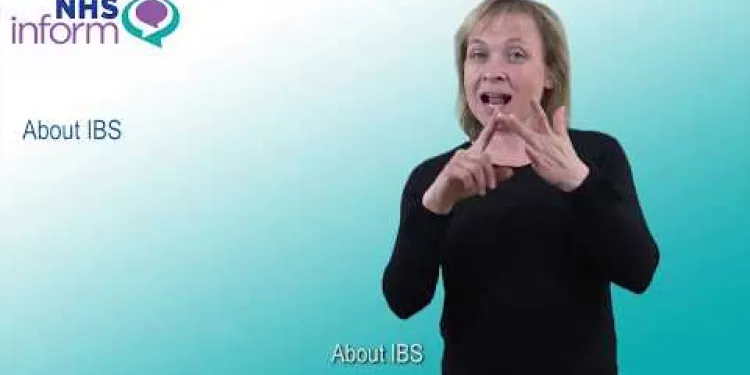
About irritable bowel syndrome (IBS)
Relevance: 98%
-
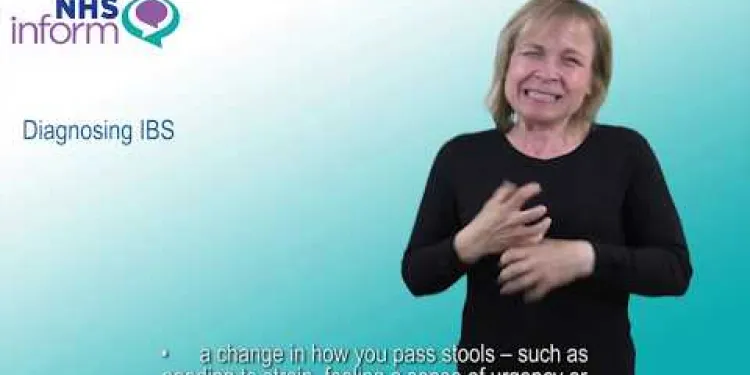
Diagnosing irritable bowel syndrome (IBS)
Relevance: 98%
-
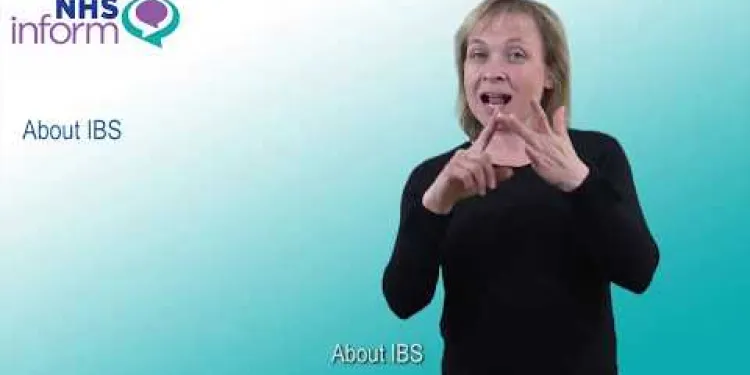
About irritable bowel syndrome (IBS)
Relevance: 98%
-

What is irritable bowel syndrome (IBS)?
Relevance: 97%
-
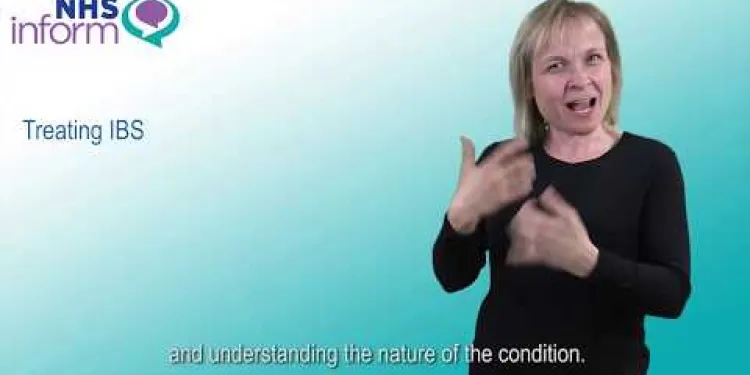
Treating irritable bowel syndrome (IBS)
Relevance: 96%
-
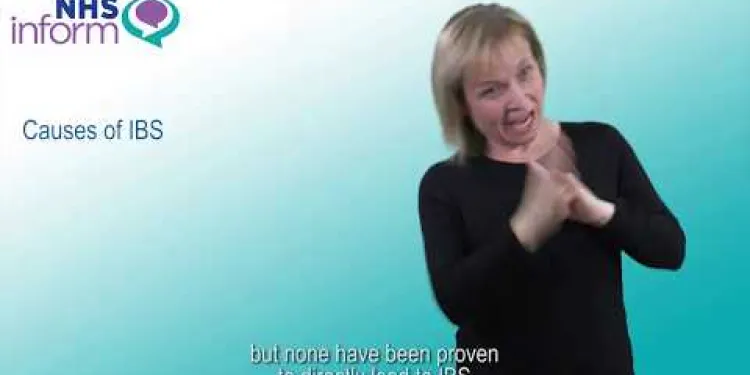
Causes of irritable bowel syndrome (IBS)
Relevance: 95%
-
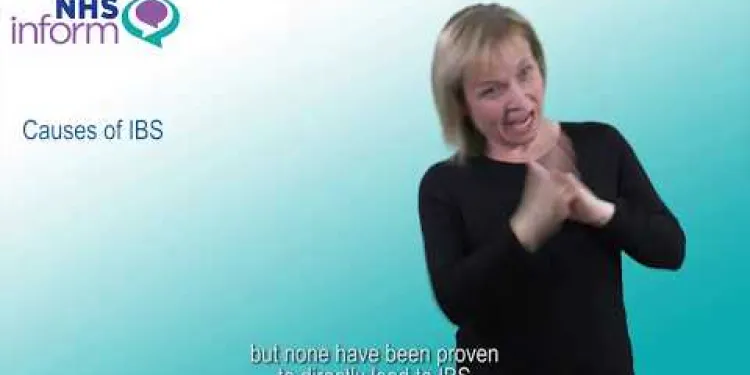
Causes of irritable bowel syndrome (IBS)
Relevance: 94%
-
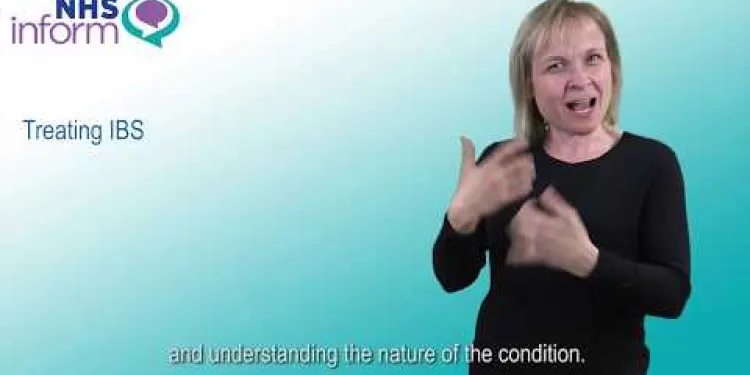
Treating irritable bowel syndrome (IBS)
Relevance: 91%
-
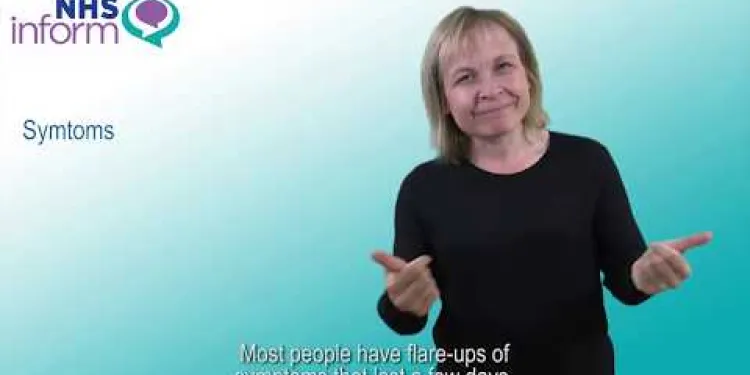
Symptoms of irritable bowel syndrome (IBS)
Relevance: 90%
-
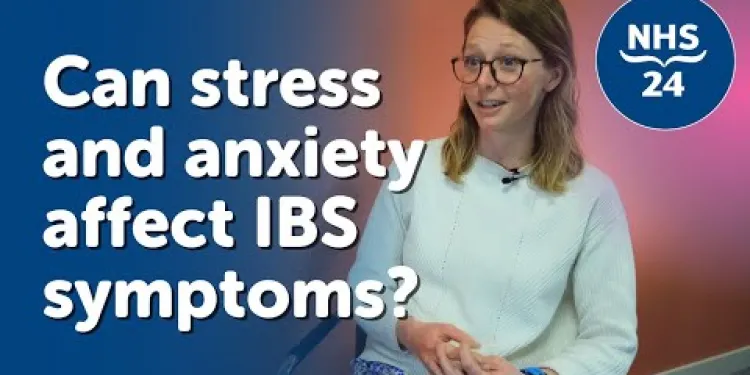
IBS and your mind: Is there a connection?
Relevance: 58%
-
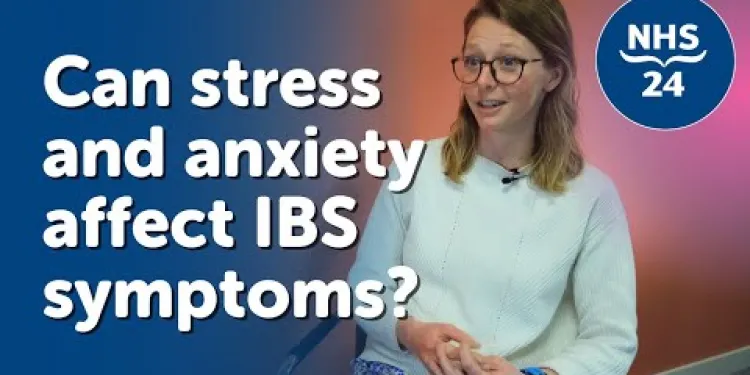
IBS and your mind: Is there a connection?
Relevance: 57%
-
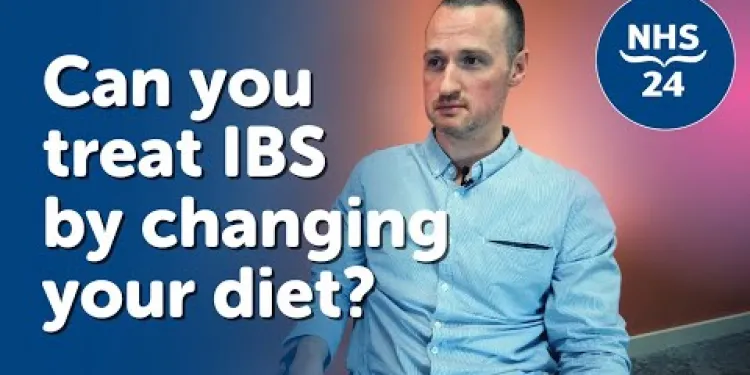
Does your diet affect IBS?
Relevance: 47%
-
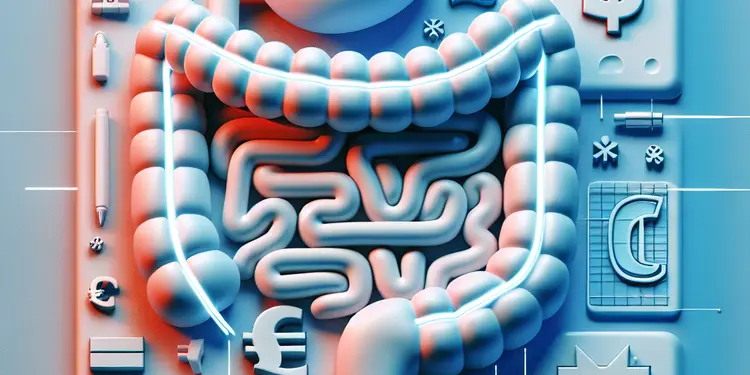
Are there specific gut-related diseases that become more common with age?
Relevance: 33%
-
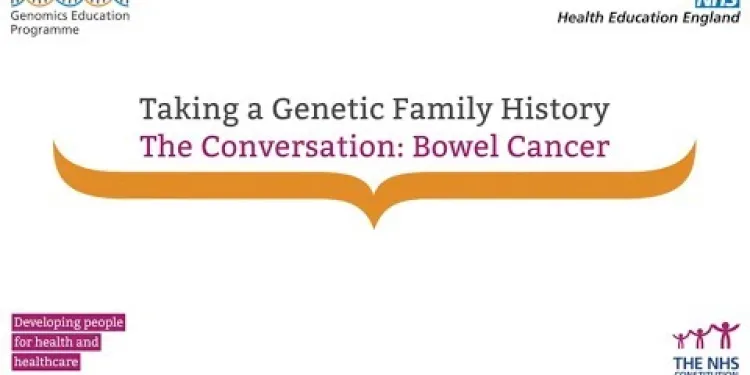
Taking a Genetic Family History - The Conversation (Bowel Cancer)
Relevance: 31%
-
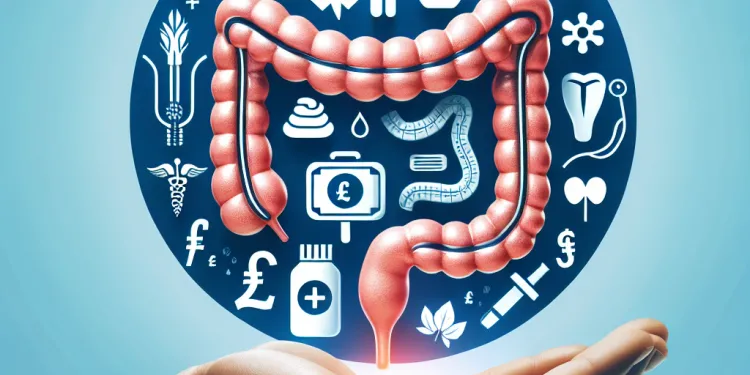
What are the side effects of bowel cancer treatment?
Relevance: 31%
-

Why is there a surge in bowel cancer?
Relevance: 31%
-
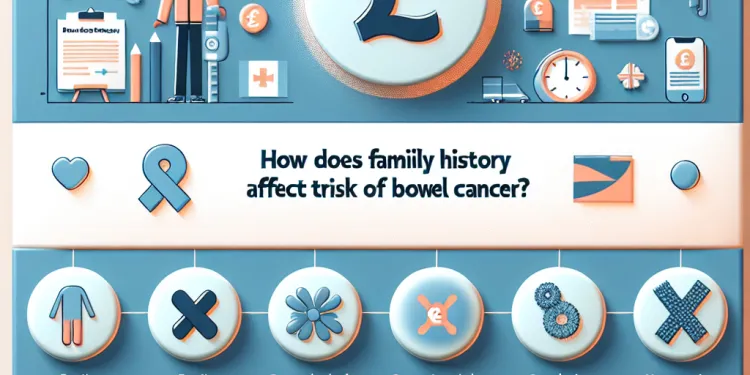
How does family history affect the risk of bowel cancer?
Relevance: 30%
-
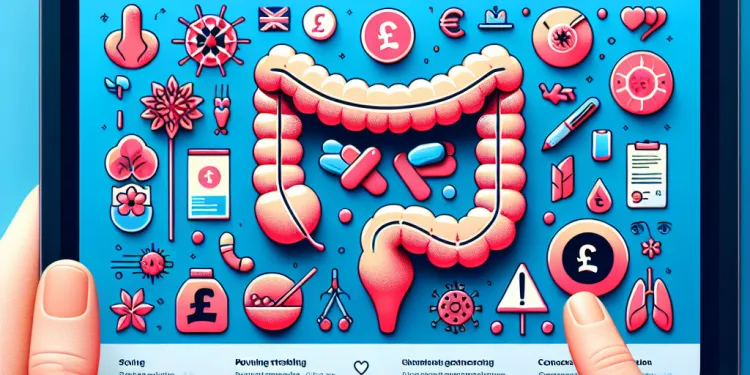
What are the risk factors for bowel cancer?
Relevance: 29%
-

What is Bowel Cancer?
Relevance: 28%
-
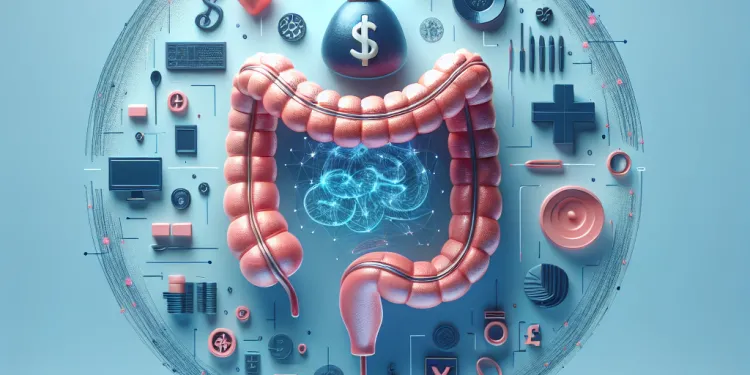
How common is bowel cancer?
Relevance: 27%
-
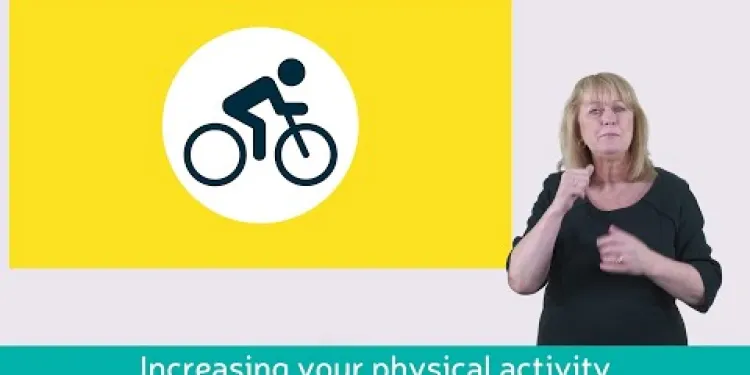
Learn about bowel cancer (British Sign Language version)
Relevance: 27%
-

Can bowel cancer be prevented?
Relevance: 27%
-
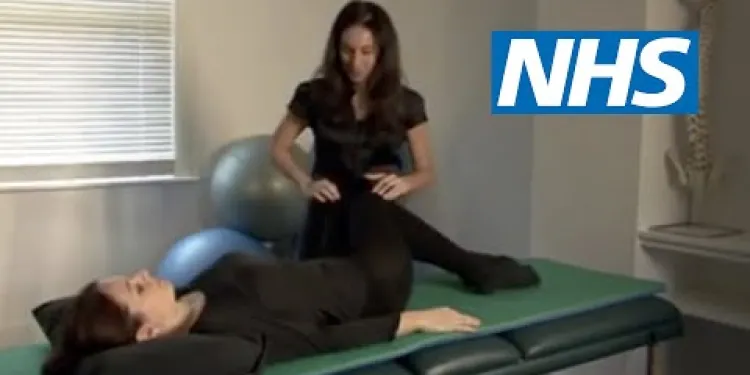
Exercises for sciatica: piriformis syndrome | NHS
Relevance: 27%
-
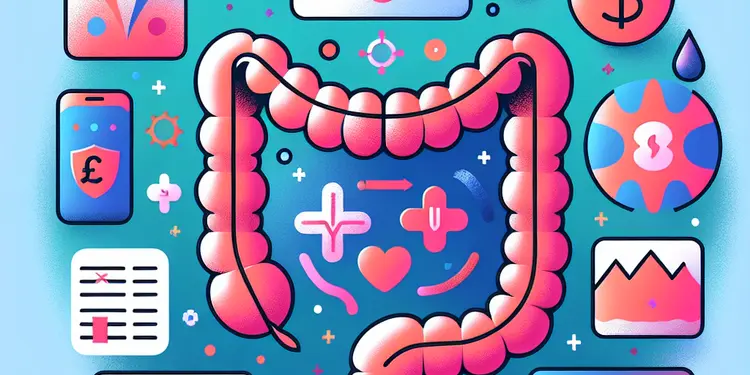
What factors are contributing to the increase in bowel cancer cases?
Relevance: 26%
-
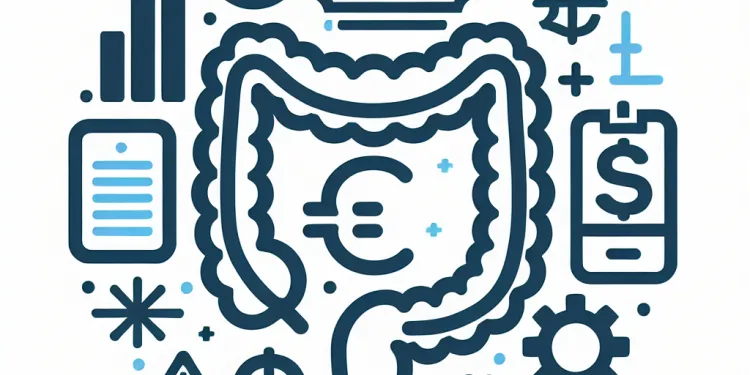
How is bowel cancer diagnosed?
Relevance: 25%
-

What is Cushing's syndrome?
Relevance: 25%
-

Munchausen's syndrome | NHS
Relevance: 25%
-

Is diet linked to the rise in bowel cancer?
Relevance: 25%
-
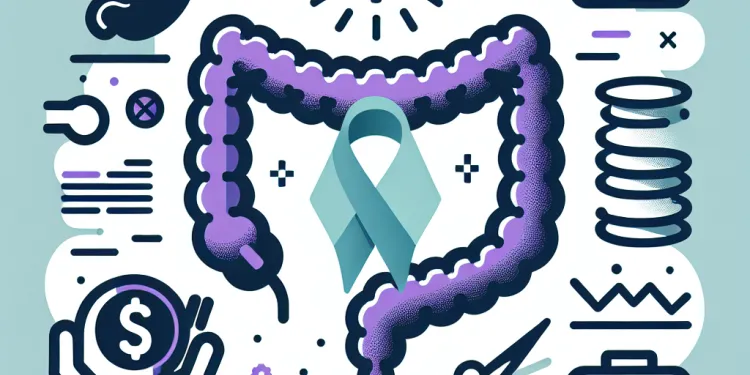
What is the survival rate for bowel cancer?
Relevance: 25%
-

Prader-Willi Syndrome | NHS
Relevance: 25%
-

Are younger people being diagnosed with bowel cancer more frequently?
Relevance: 24%
-

Bowel cancer - Symptoms and signs to look out for
Relevance: 24%
-
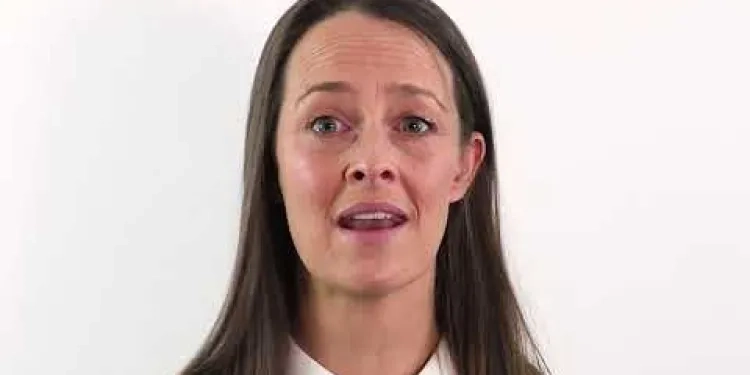
Carpal Tunnel Syndrome
Relevance: 24%
-
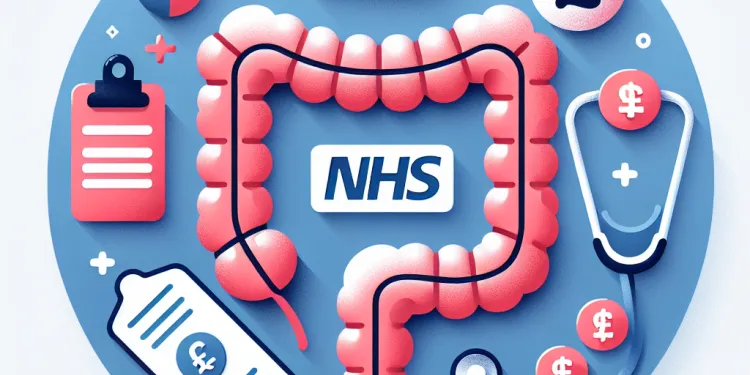
What treatment options are available for bowel cancer?
Relevance: 23%
-
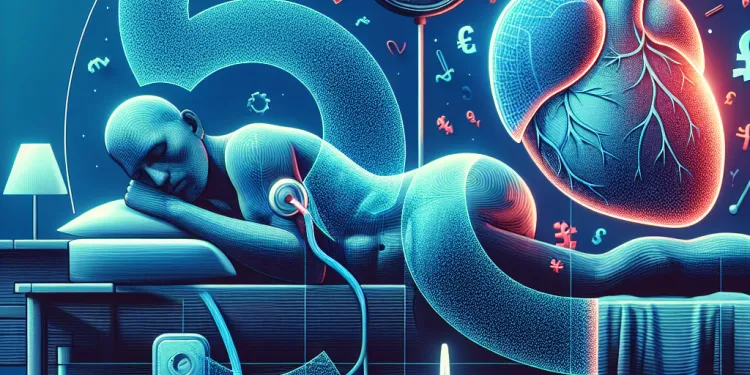
What is complex sleep apnea syndrome?
Relevance: 23%
-
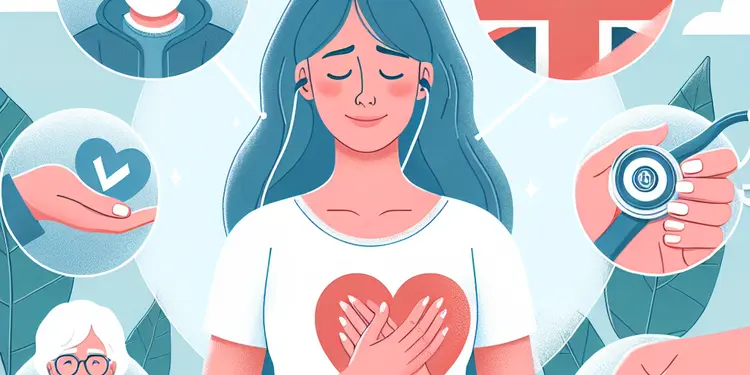
Is chronic fatigue syndrome contagious?
Relevance: 23%
-

What lifestyle changes can help lower the risk of bowel cancer?
Relevance: 23%
-

Turner syndrome: Beyond the classic XO phenotype
Relevance: 23%
Treating Irritable Bowel Syndrome (IBS)
Understanding IBS
Irritable Bowel Syndrome (IBS) is a common disorder affecting the digestive system, characterized by symptoms like stomach cramps, bloating, diarrhoea, and constipation. While the exact cause of IBS isn't known, it's believed to be linked to factors like gut sensitivity, stress, and changes in gut bacteria. As a chronic condition, it requires ongoing management rather than a cure.
Dietary Adjustments
Making dietary adjustments is often the first step in managing IBS. People with IBS might find relief by identifying and avoiding trigger foods that exacerbate symptoms. Common culprits include caffeine, alcohol, spicy foods, and certain carbohydrates like those found in beans and some vegetables. The Low FODMAP diet, which reduces certain types of carbohydrates, has been beneficial for many IBS sufferers. It’s advised to work with a dietitian to ensure nutritional needs are met while on this diet.
Medications
Various medications can help manage IBS symptoms. Antispasmodics can reduce intestinal cramping; laxatives may help with constipation; and antimotility medicines like loperamide can help control diarrhoea. In some cases, low-dose antidepressants may be recommended to relieve pain and associated stress, even in the absence of depressive symptoms. Always consult a GP before starting any medication for IBS.
Probiotics and Supplements
Probiotics, which are live bacteria and yeasts beneficial to digestive health, might help alleviate IBS symptoms for some people. Probiotic supplements and yoghurts containing these microorganisms are widely available in the UK. Additionally, fibre supplements like psyllium can assist with both constipation and diarrhoea, though they should be introduced gradually to avoid worsening symptoms.
Lifestyle and Stress Management
Stress is a significant factor that can aggravate IBS symptoms. Mindfulness, meditation, and regular physical activity can effectively manage stress levels. Additionally, cognitive behavioural therapy (CBT) has shown promise in helping patients cope with IBS by addressing the psychological aspects of the disorder.
Seeking Medical Advice
If you suspect you have IBS or have been experiencing symptoms, it's crucial to consult a healthcare professional to obtain an accurate diagnosis and treatment plan. The NHS offers various resources and support services for IBS patients in the UK. Regular check-ups and open communication with your GP are essential in managing this condition effectively.
Treating Irritable Bowel Syndrome (IBS)
Understanding IBS
Irritable Bowel Syndrome, or IBS, affects the tummy and intestines. People with IBS might have tummy pain, feel bloated (a full, tight feeling in the tummy), or have diarrhoea (loose, runny poo) and constipation (difficulty going to the toilet). We don’t know exactly why IBS happens, but it might be due to tummy sensitivity, stress, and changes in tummy germs. IBS is a long-lasting problem, so you need to keep managing it.
Dietary Adjustments
Changing what you eat can help with IBS. Some foods make IBS worse, so try to find out which ones. These can include drinks with caffeine, alcohol, spicy foods, and some foods like beans. The Low FODMAP diet helps many people by cutting out some types of food. It’s best to talk to a diet expert to make sure you still eat healthily on this diet.
Medications
There are medicines that can help with IBS. Medicines called antispasmodics can help stop tummy cramps. Laxatives can help if you have constipation. Medicines like loperamide can help with diarrhoea. Sometimes, a doctor might give low-dose antidepressants to help with pain. Always talk to your doctor before taking any medicine for IBS.
Probiotics and Supplements
Probiotics are good germs that help the tummy. They can help some people with IBS. You can find probiotics in some yoghurt and tablets at the shop. Fibre supplements like psyllium can also help with both diarrhoea and constipation. Start fibre slowly, so it doesn’t upset your tummy.
Lifestyle and Stress Management
Being stressed can make IBS worse. Doing things that calm you, like mindfulness, meditation, or exercise, can help. Talking to someone and doing cognitive behavioural therapy (CBT) can also help manage stress and your IBS.
Seeking Medical Advice
If you think you have IBS, talk to a doctor. Doctors can help figure out if you have IBS and how to treat it. In the UK, the NHS can help people with IBS. Keep talking to your doctor to manage IBS well.
Frequently Asked Questions
What is IBS?
Irritable Bowel Syndrome (IBS) is a common gastrointestinal disorder affecting the large intestine, causing symptoms like cramping, abdominal pain, bloating, gas, and diarrhoea or constipation, or both.
What causes IBS?
The exact cause of IBS is unknown, but it may involve a combination of abnormal gastrointestinal tract movements, increased sensitivity to pain, inflammation, and changes in the gut microbiota.
How is IBS diagnosed?
IBS is typically diagnosed based on symptoms and by ruling out other conditions. Your GP may use criteria such as the Rome IV criteria and might request tests like blood tests, stool samples, or colonoscopy.
What are common symptoms of IBS?
Common symptoms include abdominal pain or cramping, bloating, gas, diarrhoea, constipation, or alternating bouts of diarrhoea and constipation.
Can IBS be cured?
There is no cure for IBS, but symptoms can often be managed effectively through diet, lifestyle changes, and medications.
What dietary changes can help manage IBS?
Dietary changes like following a low FODMAP diet, increasing fibre intake, and avoiding trigger foods can help manage IBS symptoms.
Are there specific foods to avoid if I have IBS?
Foods to avoid may include high-fat foods, certain high-fibre foods, caffeine, alcohol, and artificial sweeteners. Trigger foods vary between individuals.
What is the low FODMAP diet?
The low FODMAP diet involves reducing intake of specific carbohydrates that are known to trigger IBS symptoms, including certain fruits, vegetables, dairy products, and grains.
Can stress worsen IBS symptoms?
Yes, stress can exacerbate IBS symptoms. Techniques such as mindfulness, meditation, and cognitive behavioural therapy (CBT) can help manage stress.
Is IBS related to inflammatory bowel disease (IBD)?
No, IBS and IBD (Crohn's disease and ulcerative colitis) are different conditions. IBD involves chronic inflammation of the digestive tract, while IBS does not cause inflammation or damage to the intestines.
What medications are used to treat IBS?
Medications can include antispasmodics, fibre supplements, laxatives, anti-diarrhoeal medications, antidepressants, and in some cases, antibiotics or drugs specifically targeted at IBS.
Can probiotics help with IBS?
Probiotics may help some people with IBS by improving gut health and reducing symptoms like bloating and gas. It is best to discuss this with your GP.
How does exercise affect IBS?
Regular physical activity can help reduce stress and promote regular bowel movements, which may alleviate some IBS symptoms.
Does sleep affect IBS?
Poor sleep can exacerbate IBS symptoms. Practicing good sleep hygiene and ensuring adequate rest can help manage symptoms.
When should I see a doctor for IBS?
You should see a doctor if you experience severe or persistent symptoms, unexplained weight loss, rectal bleeding, or if symptoms interfere significantly with your daily life.
What is IBS?
IBS means Irritable Bowel Syndrome. It is a problem with the tummy (stomach).
With IBS, people might feel tummy pain, bloating, or need to go to the toilet suddenly. It can make people feel unwell.
There is no cure for IBS, but there are things that can help. Eating healthy food, drinking water, and exercise can make it better. Seeing a doctor is also a good idea.
Tools that can help:
- Keep a food diary: Write down what you eat and how you feel after.
- Relaxation exercises: Help your body feel calm.
- Use apps to track your symptoms: There are apps that can help you keep track of what happens with IBS.
Irritable Bowel Syndrome (IBS) is a tummy problem that many people have. It affects the large intestine, which is a part of your belly that helps with digestion. IBS can make you feel cramps or pain in your tummy. It can also cause bloating, which means your tummy feels full and swollen. People with IBS might have gas, need to go to the toilet a lot (diarrhoea), or have trouble going to the toilet (constipation), sometimes both.
What makes IBS happen?
IBS means Irritable Bowel Syndrome. It can make your tummy feel bad. We don't know exactly why it happens, but some things can make it worse:
- Eating certain foods
- Feeling stressed or worried
If IBS is bothering you, try these tips:
- Eat healthy food
- Stay calm and relaxed
- Exercise or go for a walk
If you need help, talk to a doctor.
We don't know exactly what causes IBS. It might be a mix of a few things. The tummy and intestines might move differently, people might feel pain more, there could be some inflammation, and the tiny bugs in the gut might change.
How do doctors know if you have IBS?
Doctors look at your tummy pain and toilet habits to see if you have IBS.
They might ask questions like how often your tummy hurts or if you have problems going to the toilet.
Sometimes, doctors do tests to make sure nothing else is wrong.
Tools like picture charts or keeping a diary about tummy troubles can help.
Doctors usually find out if you have IBS by looking at your symptoms. They also need to make sure it isn't another health problem. Your doctor might use special rules like the Rome IV criteria to help check for IBS. They might ask you to do some tests, like blood tests, stool samples, or a colonoscopy.
If you find reading hard, you can use tools like text-to-speech software. These tools read the text out loud for you. You can also ask someone to read it with you.
What Happens If You Have IBS?
IBS means Irritable Bowel Syndrome. It can make your tummy feel bad. Here are some things you might notice if you have IBS:
- Your tummy can hurt a lot or feel really uncomfortable.
- You might need to go to the toilet more or less than usual.
- Your poo might look different, like too hard or too soft.
- You might feel big and bloaty in your belly.
- You could have gas that makes you burp or fart a lot.
If you feel these things, it helps to tell a grown-up or a doctor. They can help you feel better. Sometimes, writing down what you eat and how you feel can show patterns that are helpful to show the doctor.
Some common signs are tummy pain or cramps. You might also feel bloated or have lots of gas. Sometimes, you could have runny poo (diarrhoea) or hard poo (constipation). It might also switch between these two.
It can help to talk to someone like a doctor or a friend if you're worried. Writing down when you feel this way might help too.
Can IBS be cured?
IBS stands for Irritable Bowel Syndrome. It can make your tummy hurt or feel upset. Right now, there is no cure for IBS, but there are ways to feel better.
Here are some ideas to help:
- Eat healthy foods. Some people feel better when they avoid spicy or fatty foods.
- Try to eat slowly and not rush your meals.
- Drink plenty of water.
- Exercise regularly.
- Talk to a doctor for advice and medicine that might help.
Using a food diary can help you see what foods make your tummy feel bad.
There is no cure for IBS, but you can often make the symptoms better. Try eating different foods, changing how you live each day, and taking medicine if your doctor says so.
What foods can help with IBS?
Changing what you eat can help if you have tummy troubles like IBS. You can try eating foods that are low in FODMAPs, eat more foods with fibre, and stay away from foods that make your tummy hurt.
Should I avoid some foods if I have IBS?
If you have IBS, some foods might upset your tummy. Here are some tips to help:
- Watch out for spicy foods. They can make your tummy hurt.
- Too much caffeine, like in coffee or cola, might not be good for your tummy.
- Dairy, like milk and cheese, can upset some people's tummies.
- Try not to eat too much at once. Small meals are easier on your tummy.
Talking to a doctor or dietitian can help. They can tell you which foods are best for you. Keeping a food diary can also help you see which foods make your tummy feel bad.
You should try not to eat some foods that might make you feel bad. These foods can be high-fat foods, some foods with lots of fiber, drinks with caffeine, alcohol, and foods with fake sugar. Different foods can upset different people.
To help you remember, you can:
- Make a list of foods that make you feel bad.
- Talk to someone like a doctor or a helper if you are not sure.
What is the low FODMAP diet?
A low FODMAP diet is a special way to eat. It helps people who have tummy troubles. FODMAPs are parts of food that can upset some people's tummies.
This diet shows you which foods might be better to eat if you get a sore tummy. You avoid foods with high FODMAPs and try foods with low FODMAPs.
Talk to a doctor or a dietitian if you want to try this diet. They can help you choose the right foods.
The low FODMAP diet helps people with tummy issues feel better. It means eating less of some foods that can upset the stomach. These foods include some fruits, vegetables, milk products, and grains.
If reading is tricky, using pictures or audiobooks can help you understand better. Ask an adult if you need more help!
Can Stress Make IBS Worse?
IBS stands for Irritable Bowel Syndrome. It can make your stomach feel bad.
Stress is when you worry or feel nervous.
When you are stressed, IBS symptoms can get worse. This means your stomach might hurt more.
To feel better, try to relax. You can breathe deeply, go for a walk, or talk to someone you trust.
These things can help you feel less stressed and may help your IBS symptoms too.
Yes, stress can make IBS symptoms worse. Techniques like mindfulness, meditation, and talking therapy (CBT) can help with stress.
Are IBS and IBD the same?
IBS and IBD are not the same. They are different problems with the tummy.
IBS stands for irritable bowel syndrome. It can cause tummy pain, bloating, and changes in going to the toilet.
IBD stands for inflammatory bowel disease. It can make the tummy lining swollen and sore. It's more serious than IBS.
It's a good idea to talk to a doctor if you have tummy troubles.
Some tools can help you understand better. Ask an adult to help you read tricky words, or use pictures to learn.
No, IBS and IBD are not the same. IBD includes Crohn's disease and ulcerative colitis. IBD causes long-lasting swelling in the belly. IBS does not cause swelling or harm the inside of your belly.
Tip: Use pictures to help understand the difference. You can also ask a helper or use a computer program to read the text out loud.
What medicines help with IBS?
IBS means when your tummy hurts or feels funny a lot.
Here are some medicines that can help:
- Pills that stop bad tummy feelings
- Pills to help you poo
- Pills to stop runny poo
Talk to a doctor about which ones might help you.
You can also try:
- Eating healthy food
- Exercising, like walking
- Relaxing, like doing deep breaths
Ask for help if you need it!
Medicines can help. They can stop tummy cramps, soften poop, or make hard poop come out. Some help if you need to poo less. There are also pills to make you feel happier if your tummy troubles make you sad. Sometimes, doctors might give you special tummy medicine or medicine to fight germs.
Do probiotics help with IBS?
IBS means Irritable Bowel Syndrome. It is a tummy problem.
Probiotics are good bacteria. They live in your tummy and help with digestion.
Some people ask if probiotics help with IBS.
Probiotics might help some people feel better.
If you have IBS, ask a doctor if probiotics can help you.
To find out more, you can use picture cards or listen to audio books about IBS and probiotics.
Probiotics are tiny living things that can help your tummy feel better. They might help if you have problems like bloating or gas. It is a good idea to talk to your doctor about it.
How does exercise help with IBS?
Exercise can help people who have IBS. IBS stands for Irritable Bowel Syndrome. When you move your body, it helps your tummy feel better.
Here are some ways exercise can help:
- Makes your stomach less upset.
- Helps you relax and feel calm.
- Keeps your body healthy.
Some easy exercises you can try:
- Walking around your neighborhood.
- Stretching your body.
- Playing a fun sport like soccer or basketball.
If reading is hard, you can ask someone to read this to you or use a screen reader, which is a tool that reads words out loud.
Doing exercise often can help you feel less stressed. It can also help you poop regularly. This might make some IBS symptoms better.
Does sleep affect IBS?
Does how much you sleep change your tummy troubles from IBS?
IBS is when your tummy hurts and you might need to go to the toilet a lot or not often enough.
Getting good sleep can help your tummy feel better.
Try these tips for better sleep:
- Go to bed at the same time every night.
- Turn off screens like TV and phones before bed.
- Make your room quiet and dark.
Not sleeping well can make IBS symptoms worse. Getting enough sleep and having good bedtime habits can help make symptoms better.
When should I see a doctor for IBS?
If you have a tummy problem called IBS, see a doctor if:
- Your tummy hurts a lot.
- You feel like you need to go to the toilet a lot or not at all.
- You feel tired or lose weight and don't know why.
- Your poo changes and stays different.
Tools that might help:
- Write down when your tummy hurts or changes.
- Tell someone you trust about how you feel.
- Use pictures or apps to understand what your body is doing.
Go to the doctor if you:
- Feel really sick or have problems that stay for a long time.
- Lose a lot of weight without knowing why.
- See blood when you use the toilet.
- Have problems that make it hard to do your daily activities.
If you find hard to remember, ask someone to help you keep track of these signs.
Useful Links
This website offers general information and is not a substitute for professional advice.
Always seek guidance from qualified professionals.
If you have any medical concerns or need urgent help, contact a healthcare professional or emergency services immediately.
Some of this content was generated with AI assistance. We’ve done our best to keep it accurate, helpful, and human-friendly.
- Ergsy carfully checks the information in the videos we provide here.
- Videos shown by Youtube after a video has completed, have NOT been reviewed by ERGSY.
- To view, click the arrow in centre of video.
- Most of the videos you find here will have subtitles and/or closed captions available.
- You may need to turn these on, and choose your preferred language.
- Go to the video you'd like to watch.
- If closed captions (CC) are available, settings will be visible on the bottom right of the video player.
- To turn on Captions, click settings .
- To turn off Captions, click settings again.
More Items From Ergsy search
-

Symptoms of irritable bowel syndrome (IBS)
Relevance: 100%
-

What is irritable bowel syndrome (IBS)?
Relevance: 99%
-

About irritable bowel syndrome (IBS)
Relevance: 98%
-

Diagnosing irritable bowel syndrome (IBS)
Relevance: 98%
-

About irritable bowel syndrome (IBS)
Relevance: 98%
-

What is irritable bowel syndrome (IBS)?
Relevance: 97%
-

Treating irritable bowel syndrome (IBS)
Relevance: 96%
-

Causes of irritable bowel syndrome (IBS)
Relevance: 95%
-

Causes of irritable bowel syndrome (IBS)
Relevance: 94%
-

Treating irritable bowel syndrome (IBS)
Relevance: 91%
-

Symptoms of irritable bowel syndrome (IBS)
Relevance: 90%
-

IBS and your mind: Is there a connection?
Relevance: 58%
-

IBS and your mind: Is there a connection?
Relevance: 57%
-

Does your diet affect IBS?
Relevance: 47%
-

Are there specific gut-related diseases that become more common with age?
Relevance: 33%
-

Taking a Genetic Family History - The Conversation (Bowel Cancer)
Relevance: 31%
-

What are the side effects of bowel cancer treatment?
Relevance: 31%
-

Why is there a surge in bowel cancer?
Relevance: 31%
-

How does family history affect the risk of bowel cancer?
Relevance: 30%
-

What are the risk factors for bowel cancer?
Relevance: 29%
-

What is Bowel Cancer?
Relevance: 28%
-

How common is bowel cancer?
Relevance: 27%
-

Learn about bowel cancer (British Sign Language version)
Relevance: 27%
-

Can bowel cancer be prevented?
Relevance: 27%
-

Exercises for sciatica: piriformis syndrome | NHS
Relevance: 27%
-

What factors are contributing to the increase in bowel cancer cases?
Relevance: 26%
-

How is bowel cancer diagnosed?
Relevance: 25%
-

What is Cushing's syndrome?
Relevance: 25%
-

Munchausen's syndrome | NHS
Relevance: 25%
-

Is diet linked to the rise in bowel cancer?
Relevance: 25%
-

What is the survival rate for bowel cancer?
Relevance: 25%
-

Prader-Willi Syndrome | NHS
Relevance: 25%
-

Are younger people being diagnosed with bowel cancer more frequently?
Relevance: 24%
-

Bowel cancer - Symptoms and signs to look out for
Relevance: 24%
-

Carpal Tunnel Syndrome
Relevance: 24%
-

What treatment options are available for bowel cancer?
Relevance: 23%
-

What is complex sleep apnea syndrome?
Relevance: 23%
-

Is chronic fatigue syndrome contagious?
Relevance: 23%
-

What lifestyle changes can help lower the risk of bowel cancer?
Relevance: 23%
-

Turner syndrome: Beyond the classic XO phenotype
Relevance: 23%


